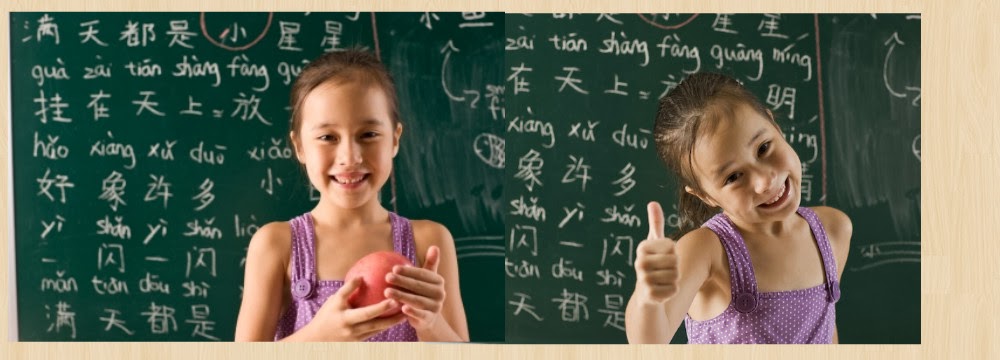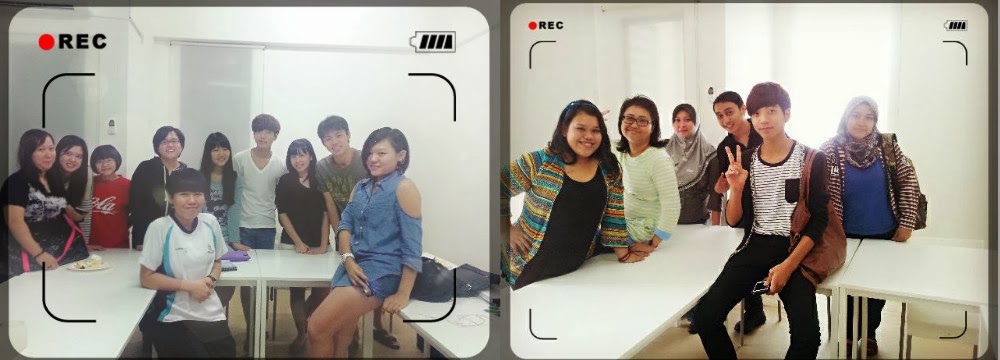Today, I have class with Suki and Jenny again. We was having class in chapter 36.Well,time is passing fast ever since they started their first Japanese class with me at Menjalara branch and still sticking with me for so long.
It is really funny to see how their personality match perfectly with their horoscope. Jenny is a typical virgo with some sort of perfectionism on everything(basically,hehe) and Suki seems very steady as a taurus.Typically, Jenny never failed to pass up her homework on time and meantime,I really appreciate how Suki could manage to do her homework on time even she works as hectic stewardess. She maybe has some sort of taurus preserverance here.
Today lesson is a bit vague and not so easy to explain nor understand without some basic knowledge on how Japanese language works. (.... like how they express some thing in more delicate ways)
It is about the usage of ように
Well, I wonder how to translate in English but similar to"in order to"
Whenever the potential form(可能形)conjoint with ように 、it will comes out like "in order to be able to do...". That's why when come with the potential form+ように、it will comes with some effort to realize with the goal that mentioned.
In other aspect, when ように+なりました。It sounds like "it became like...(something that wasn't before) For example, I used not to eat vegetables but I eat vegetables now(which apparently I changed my previous behavior and I develop a new set of behaviors ) Thus, when I describe my new set of behavior or condition , I will use plain form+ようになりました。
And for ようにしています、it is more to the development of new habit. After all, しています is a way to mention habit.
When you observe the difference between しています and なりました。You will find out the difference between how I use each one to describe habit or condition. Refer back to chap 19 will help a lot.
Regarding to なりました、we cover it in two different chapter to mention :
1-chap 19
ADJ+なりました=became.....
2-chap 36
Verb +なりました=became (start to do....)
1-chap 19
ADJ+なりました=became.....
2-chap 36
Verb +なりました=became (start to do....)
Hope my explanation really help them to understand this chapter. I am so looking forward to have some trip after their Jlpt exam soon.
Any question , just pm or comment here ya. Feel free to post your example too.
Ellie




















